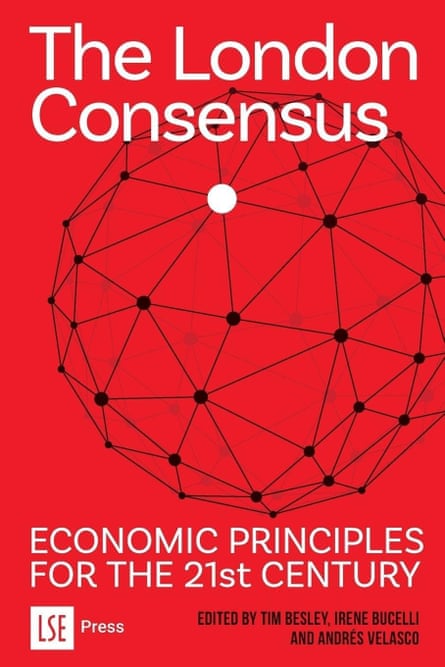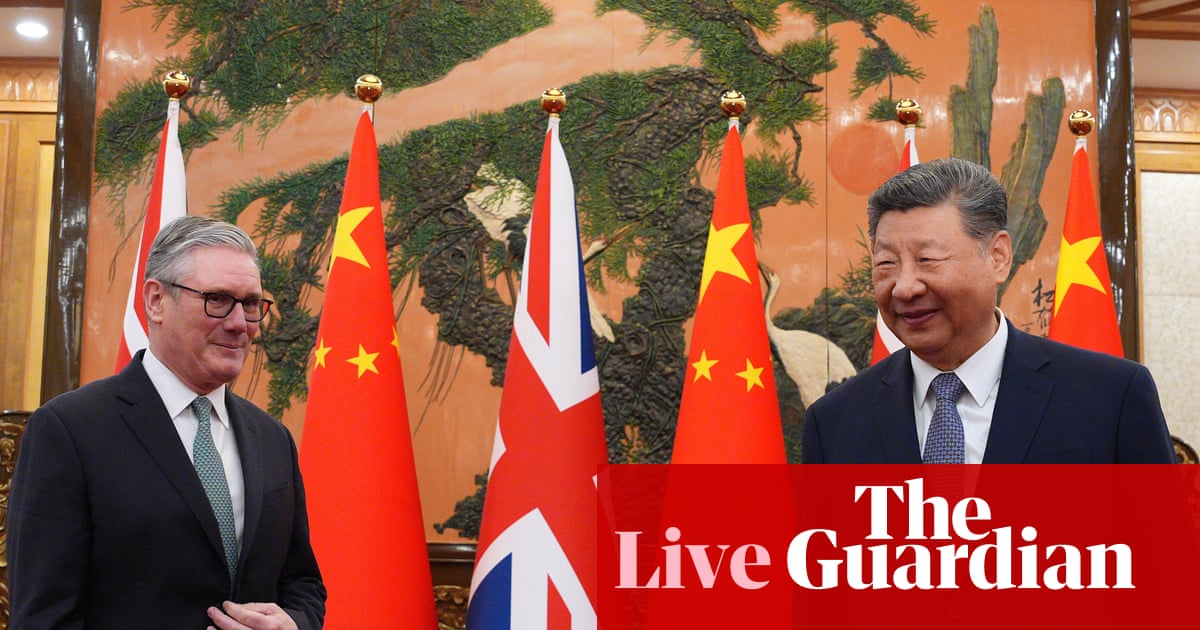What replaces neoliberal capitalism is a question at the forefront of Donald Trump’s mind every day.
The US president has never much liked those elements of the Washington consensus that celebrate free markets and liberal trade, as we have come to see in both his presidencies.
Trump can happily accept the neoliberal agenda when it means privatising government agencies and commonly held assets. He is enthusiastic about deregulation and handing the private sector all the freedom it needs to exploit workers and resources to boost profits.
But what Trump’s America First agenda cannot live with is tariff-free trade. He also resists anti-trust and anti-corruption laws, low budget deficits, and the abolition of barriers to foreign investment that qualify as central tenets of the Washington consensus.
And Trump is not alone. Since the 2008 financial crash, most people have questioned the outcomes that flow from neoliberalism.
A group of renowned economists joined this debate with the idea of seeking a new consensus around ideas and gaining evidence of what works when thinking about how economies thrive and prosper in the 21st century.
The resulting book, just published, could prove to be a successor to the wishlist drawn up in Washington 36 years ago.
After a conference in London and the sponsorship of the London School of Economics, it has quickly become known as the London consensus. Not with the idea of reinventing some form of economic colonialism directed from the UK capital, but because the world’s best economists gathered in London and most were associated at some point – whether they were a former finance minister of Chile or Bank of England policymaker – with the LSE.
It won’t surprise anyone that the proposals are a long way from being described as Trumpian.
Philosophically, the London consensus pursues aims that are entirely rejected by Trump and his followers.
Trump’s backers – such as the Heritage Foundation and its authoritarian Project 25 scheme – promote the idea that success comes with building a high wall around your home and a protective financial shield for your family. The government’s job is to support this project with low taxes, unfeasibly high state spending and an extra wall around the country itself, preventing outsiders from gaining undue access.

Nigel Farage has a similar message, as does the AfD boss Alice Weidel in Germany, the National Rally president Jordan Bardella in France and Italy’s prime minister, Giorgia Meloni.
It’s a timely attempt to wrest back the economic agenda from the current chaos because many middle-income households in almost every country, from Mexico and South Africa to Britain and the US, are questioning whether to follow a more individualistic path for the sake of their family or join with their neighbours in a collective effort to improve their lives.
With a shrinking number of good jobs, a significant rise in property prices and spike in the costs of food and energy, the pressure is on families who aspire to better themselves.
One of the messages from the London consensus is that bettering oneself at the expense of others, and thereby increasing inequality, will not help young people to thrive. Not even the children of middle-income parents who have benefited from extensive support – whether from private education, private health or a deposit for a home (surrounded by high walls) – will ultimately feel better if high rates of crime and corruption lurk beyond the garden gate. That high levels of inequality hold back economic progress is empirically proven.
Another message relates to how we judge progress. It rejects the emphasis on simply putting more money in people’s pockets as the main aim for a politician. A higher income is relatively easy to measure using gross domestic product. It is a single number that everyone knows is bad when it goes down.
The wellbeing of individuals and households is a much better guide to progress. It is something Keir Starmer recognises and it is why Wes Streeting has commissioned more mental health appointments and Peter Kyle, the business secretary, continues to advance the employment rights bill.
Mental health is a good measure to watch on the dashboard of indicators by which the London consensus would have us judge success. First, it is classless. Everyone knows someone who is angry, depressed or lonely and could do with, at the very least, some talking therapy.
Second, all the evidence points to huge benefits from tackling these modern ills, from better physical health and higher job participation rates to greater involvement in community affairs.
The US can avoid spending money in this area because it denies the victims of capitalism a ticket to ride, leaving them to fester on the side of the road.
Trump’s supporters may never read the evidence contained in the many chapters of the London Consensus. There are discussions on how to achieve universal healthcare, “foster green and inclusive productivity growth” and maintain sustainable government spending that would probably horrify them.
Hopefully, US state governors and prime ministers across the world will ask their staff to read the book, leading us away from the Washington consensus to a better place.

 2 months ago
49
2 months ago
49

















































